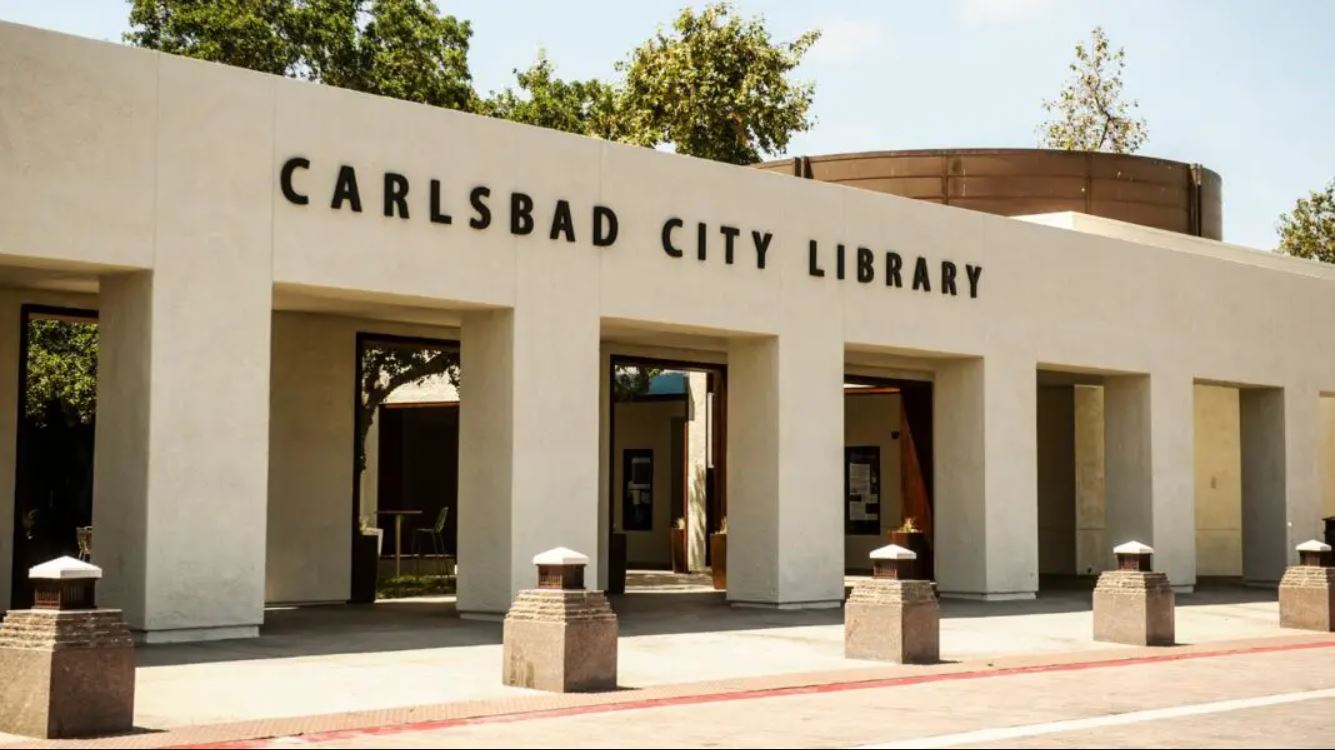An Ecosystem of Learning at Carlsbad City Library
Libraries have long provided services outside the lines of traditional perceptions, providing innovative programs and resources catering to the unique communities they serve. Best practices for developing high-quality, high-impact library services involves alignment with organizational and municipal strategic goals, seeking community input, analyzing demographic data to identify gaps in service, and working with partners to provide expert insights tailored to those identified needs.
Carlsbad (Calif.) City Library exemplifies these practices by supporting the City of Carlsbad’s core values of providing high-quality education and community services, as well as supporting business diversity within the region. Two library divisions within Carlsbad City Library have banded together to create an ecosystem of learning by developing an educational and professional development pipeline that caters to patrons across all ages and stages of language, literacy, and professional experience to support the city’s community vision.
The library’s pipeline to professional success provides entry points and workability across a spectrum of users. It starts in the Literacy Services division, providing confidential, free tutoring services to English-speaking adults who want to improve their basic reading and writing skills. Literacy Services recently re-introduced their English as a Second Language (ESL) program in partnership with MiraCosta College to expand the library’s network of learning. The ESL program builds foundational knowledge of the English language and provides a pipeline to the adult literacy program in the same building.
In addition to the ESL and tutoring programs, Literacy Services also offers adults an opportunity to earn their high school diploma through Career Online High School (COHS), a partnership with California State Library and Smart Horizons Career Online Education. Through COHS, adults whose learning was interrupted for any reason may earn an accredited diploma and additional career certificate via online, asynchronous learning. COHS is optimal for students who may be working or need to support their families, as it gives them an opportunity to learn at their own pace. The library COHS program has graduated 22 students since 2015, with five students currently working on their diploma.
According to the U.S. Bureau of Labor Statistics, adults with a high school diploma earn an average of 29% more income per week than adults with less than a high school diploma. Additionally, the average unemployment rate drops from 8.3% to 6.2% with the attainment of a high school diploma. Increased employment rates and earnings offer high school graduates improved opportunities for better living conditions, healthier foods, and health care services.
For graduates of the COHS program or jobseekers looking for entry-level career development, the library recently partnered with Bendable, Lightcast, and the City of Carlsbad’s Innovation and Economic Development Department to provide career development opportunities. Carlsbad’s Dove Library facility hosts Bendable’s Job-Readiness Room, where applicants can utilize the library’s computers and high-speed internet connection to complete learning pathways in office administration, manufacturing, or hospitality and food services. Completing the 15-hour learning pathway will earn applicants a guaranteed job interview with a local employer. The Bendable partnership debuted in August of 2022 and is backed by North County San Diego cities and businesses.
Finally, Carlsbad City Library leveraged California State Library resources to feature workforce development eResources for our patrons, including Coursera, LearningExpress, SkillShare, GetSetUp and VetNow. Understanding that educational attainment and workforce development leads to a healthier, happier, more successful community is just one aspect of the services provided at Carlsbad City Library.
Laura Mendez is principal librarian at Carlsbad City Library.
Photo: City of Carlsbad



